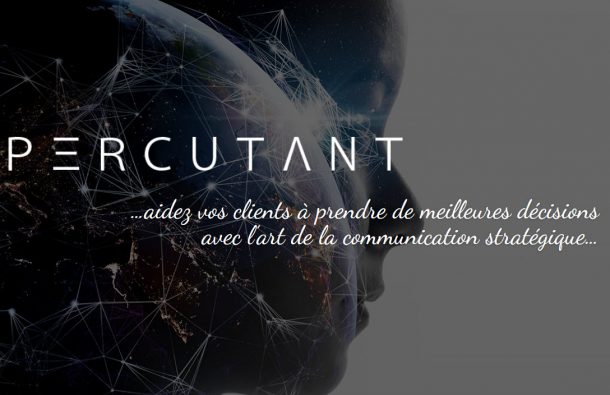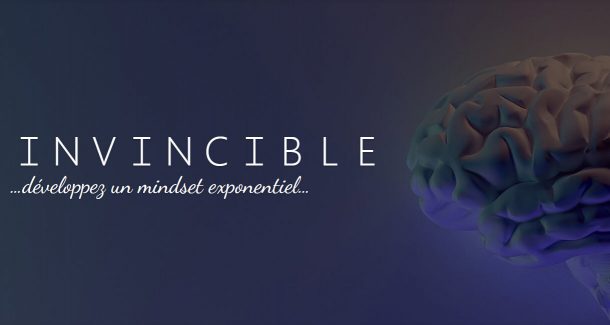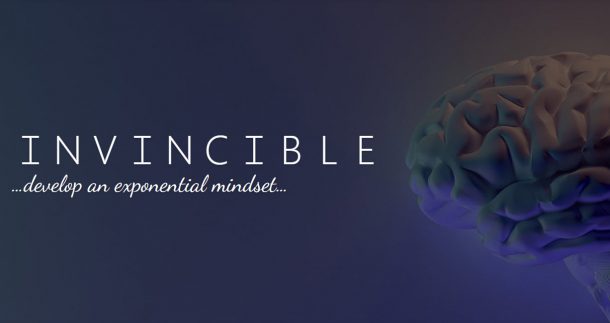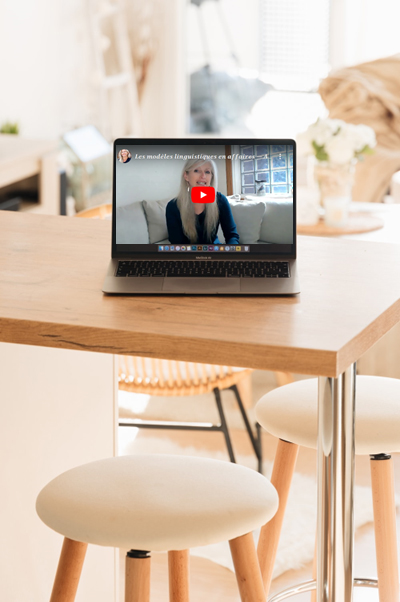No, this is not a recommendation to buy the Good Food stock on the market, nor is it a nutrition-related article. It’s a much more important topic for your success.
Like all parents, I dread the daily question: “What’s for dinner?” and in this time of confinement, “What’s for lunch?” (wow, two pre-teens eat a lot and OFTEN!).
After a busy day, choosing a menu for dinner is sometimes the last decision I want to make. I’m sure you’re the same!
So, a few months ago, I decided to try the Good Food experience – you know, the ready-to-cook meal delivery service (I’m in no way related to the company, and there are many similar services).
Of course, the food is very good, and the concept is pretty awesome. However, that’s not what I want to discuss today, but rather your mental energy and decision making.
35,000 decisions per day
We make a horde of decisions every day: what to eat for lunch, what to wear, how will I organize our day, which emails to answer first, which Zoom call to attend, etc.
In fact, according to an article in the Wall Street Journal, an adult makes an average of 35,000 decisions a day. Just think about it! No wonder you’re tired at the end of the day…
What’s the link between our daily decisions and Good Food? This service helps me to have fewer decisions to make so that I can devote all my mental energy to things that are much more important to my business.
The more decisions you make during the day, the more tired your brain is. And it has been proven that this mental fatigue reduces our willingness and ability to make good decisions.
This is called decision fatigue.
“In decision making and psychology, decision fatigue refers to the deteriorating quality of decisions made by an individual after a long session of decision making. It is now understood as one of the causes of irrational trade-offs in decision making.” Wikipedia
Why do you think Steve Jobs always wore blue jeans, a black turtleneck sweater, and sneakers? That Mark Zuckerberg almost always wears jeans and a hoodie, and that Barack Obama only has two colors of suits (blue and black)?
It’s definitely not because of a lack of clothing sensitivity, but because they understand the concept of decision fatigue and the effect it has on their decision making.
Six ways to reduce decision fatigue
Do you procrastinate over certain business projects? Do you feel overwhelmed? Do you lack the mental energy to plan for the long term? Do you lack the motivation to continually seek to for ways to improve your business?
These are all signs that you are probably suffering from decision fatigue. Here are six things you can do to reduce it:
1. Make fewer decisions
What can you eliminate from your daily schedule? You may decide to eat the same thing every breakfast, avoid making certain decisions of minimal importance (such as dinner!), adopt the same routine in the morning and at the end of the day, reduce the number of clothes in your wardrobe to limit your choices.
2. Start your day with important decisions and tasks
I’m often asked whether it’s better to tackle the easy tasks or the more difficult ones at the beginning of the day. My answer is always the same: start your day with the important things (reading your emails is certainly not the most essential thing to do!).
3. Determine your ideal week’s schedule
Establish fixed time slots for meetings with your clients, prospecting, management, administration of your business, etc. A regular schedule will help you be more efficient.
4. Systematize your business
Do you do repetitive tasks, such as sending emails to confirm your meetings or to send a thank you message afterwards? Create some sample texts to use as a template.
5. Delegate certain decisions
Provide training and instruction to your team members so that they can make some decisions on their own. This will free up a lot of time and mental energy that you can spend on other tasks.
6. Say “no” more often than “yes”
As entrepreneurs, we tend to say “yes” too often. A project or an invitation are sometimes distractions disguised as business opportunities. Remember to say “no” much more often than “yes”.
These six tips will help you reduce the number of decisions you make every day, but you’ll probably find more. The goal is to “spare” your brain so that you can focus all your mental energy on the essential aspects of your business practice.
Now, go out there and focus on what will really make a difference, because so much more is possible…

Are you seeking for support to get there? Contact me at sara.gilbert@saragilbert.coach. You can also find me on social medial LinkedIn, Twitter, Facebook, YouTube, or join our community.






